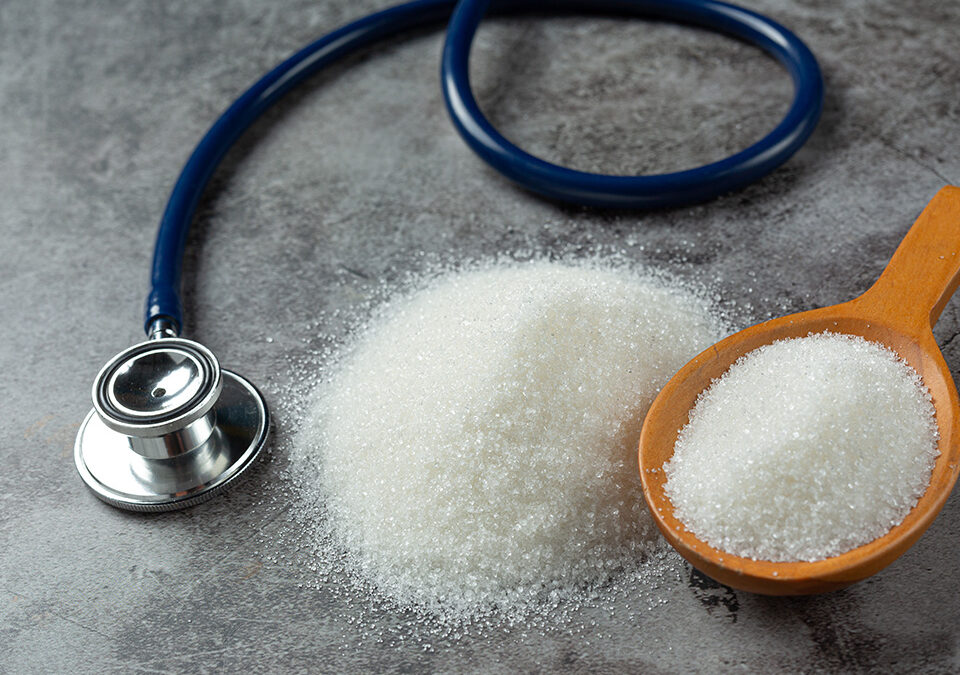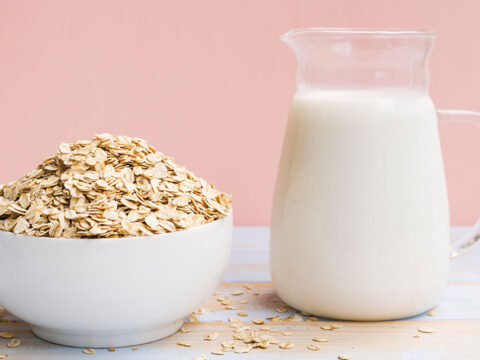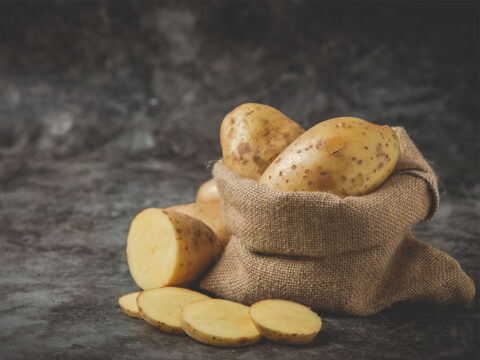
Warning Signs That Indicate You Are Diabetic
June 2, 2021
Why People Living With Type 2 Diabetes Should Be Careful With Vitamin D
June 2, 2021
Whether you have diabetes or not, you may think that foods containing sugar are an obvious barrier to a healthy and balanced diet. As a basic thumb rule, each one of us must be consuming less sugar. That said, sometimes only something sweet will suffice.
If you plan to lose weight or keep your blood sugar levels stable, you would surely want to know if artificial sweeteners are helpful. If you visit a local supermarket, you will encounter a wide range of sweeteners. Making a choice among these can be an extremely arduous task. Therefore, here we have included everything you need to know about sugar substitutes for diabetics.
What Are Sweeteners?
Sweeteners are basically ingredients added to food items to enhance sweetness. Sweeteners can be eventually grouped in three ways: (1) sugar and sugar substitutes (2) natural sweeteners and artificial sweeteners and (3) nutritive sweeteners and non-nutritive (low-calorie) sweeteners.
Nutritive Sweeteners
There are several types of nutritive sweeteners, but they have one thing in common: all contain carbohydrates and impart calories. They are generally referred to as “sugars” or “added sugar;” however, they can also appear on food labels as:
- Sucrose
- Fructose
- Glucose
- Maltose
- Honey and Syrup
Polyols
Another group when it comes to nutritive sweeteners is “polyols,” which are basically sugar alcohols. They include:
- Xylitol
- Sorbitol
- Mannitol
- Maltitol
- Erythritol
- Isomalt
Polyols can be produced either naturally or artificially. They contain carbs and calories. That said, they impart fewer calories and have less of an impact on blood glucose levels in comparison with sugar (sucrose).
Polyols as Sugar Alternatives for Diabetics
It is not precisely clear how polyols need to be “counted” by diabetics who are trying to adjust their dose of insulin based on the carbohydrates they consume. This is because not all carbohydrates that polyols provide are absorbed.
Polyols are generally found in food items that are marketed as “suitable for diabetics” or “diabetic.” However, because they are high in fats and calories, they are not recommended as the best sugar substitutes for diabetics.
Non-Nutritive or Artificial Sweeteners
Non-nutritive sweeteners can be an effective way of reducing your total calorie intake when substituted for nutritive sweeteners such as sugar. They are also known as “artificial sweeteners.” They are generally found in “sugar-free” or “diet” food items and drinks, fruit juices, fizzy drinks, yogurts, jellies, and even chewing gum.
Types of Artificial Sweeteners
Artificial sweeteners are effective alternatives to sugar for diabetics. Some of these are described below.
Aspartame
Aspartame is sold under several brand names. It is basically a non-nutritive artificial sweetener that is nearly 200 times sweeter in comparison with sugar. Though aspartame is not a zero-calorie sweetener, it is still extremely low in calories, making it an effective substitute of sugar for diabetic patients. That said, individuals with phenylketonuria or PKU (a rare condition) should avoid consuming aspartame because they are unable to successfully metabolise phenylalanine, which is a primary component of aspartame.
Saccharin
Saccharin is an artificial sweetener that is calorie-free and nearly 300-500 times sweeter in comparison with sugar. It has been used as an artificial sweetener since the 1970s. Presently, saccharin has been approved by the Food and Drug Administration (FDA).
Sucralose
Sucralose is one of the best substitutes of sugar for diabetics. Nearly 600 times sweeter than regular sugar, sucralose has no adverse effects on blood glucose. What’s more, sucralose passes through the human body with minimal absorption.
Acesulfame Potassium (Acesulfame-K)
This non-nutritive sweetener is also known as “Ace-K.” It has been approved by the FDA and is roughly 200 times sweeter in comparison with sugar. It is generally used in combination with other artificial sweeteners and is often found in “diet” soft drinks.
Stevia
A relatively new category of non-nutritive artificial sweeteners includes calorie-free, naturally sourced sweeteners derived from the Stevia plant. These are roughly 200-300 times sweeter than sugar or sucrose and are heat stable, making them optimum for use in cooking and baking. This makes Stevia one of the best sugar substitutes for diabetics natural.
The Final Word:
When it comes to sugar replacement for diabetics, there are several artificial sweeteners to assist you in reaching your blood sugar goals. You need to remember that maintaining blood sugar levels will be much easier when you practice moderation and do not allow sweet food items and beverages to lead you to overconsumption.
Reference Links:
- https://www.diabetes.org.uk/guide-to-diabetes/enjoy-food/carbohydrates-and-diabetes/sugar-sweeteners-and-diabetes
- https://www.everydayhealth.com/type-2-diabetes/diet/sugar-substitutes-for-diabetes/





